Stand Tall
Working in support of the book ‘Borst Vooruit’ (a Dutch imagery, literally ‘Breast Forward’, meaning Be Proud, or Stand Tall), was a very intense and meaningful project for me. Intense, because it was about a serious illness. Intense too, because a friend was not only one of the initiators, but also a patient. I saw her deteriorate during this project.
Breast cancer
I am still grateful that I was able to use my skills for a project that I consider of such importance. The impact of the diagnosis breast cancer is enormous, from one moment to the next, lives change completely, overwhelmed by feelings of being lost in a new reality of sadness, insecurity, fear and anger.
The doctors and oncology nurses of the Erasmus MC Cancer Institute in Rotterdam, The Netherlands, had to deal with the myriad of recurring questions about the how and why of the illness that these women had to cope with. Questions, they realized, that could often best be answered by the real experts: women who had the same illness and whose experience could benefit those who had yet to learn how to cope with breast cancer.
It was only a matter of time until the idea of a book was born. The initiators talked to dozens of women with breast cancer about their insecurities, how to deal with work, children and loved ones, a book with useful advice how to cope with the consequences of the inevitable new reality: breast cancer. After many months of hard work, there it was, the first book by and for women with breast cancer, supplemented here and there with advice or a comment from experts. A reference, a valuable source of information, based on the individual experiences of 64 women who knew what having breast cancer was about, women who had been there and who now shared their experience with those desperately groping in the dark. A book which could show them how to be strong and stand tall, in spite of the odds. Which doesn’t mean fear has no place here.
I shot all photos of the women who contributed to the book in an improvised setting: a narrow corridor in the oncology department of the hospital where they are treated. No artificial light was used, we relied on the natural light, sometimes using a reflector.
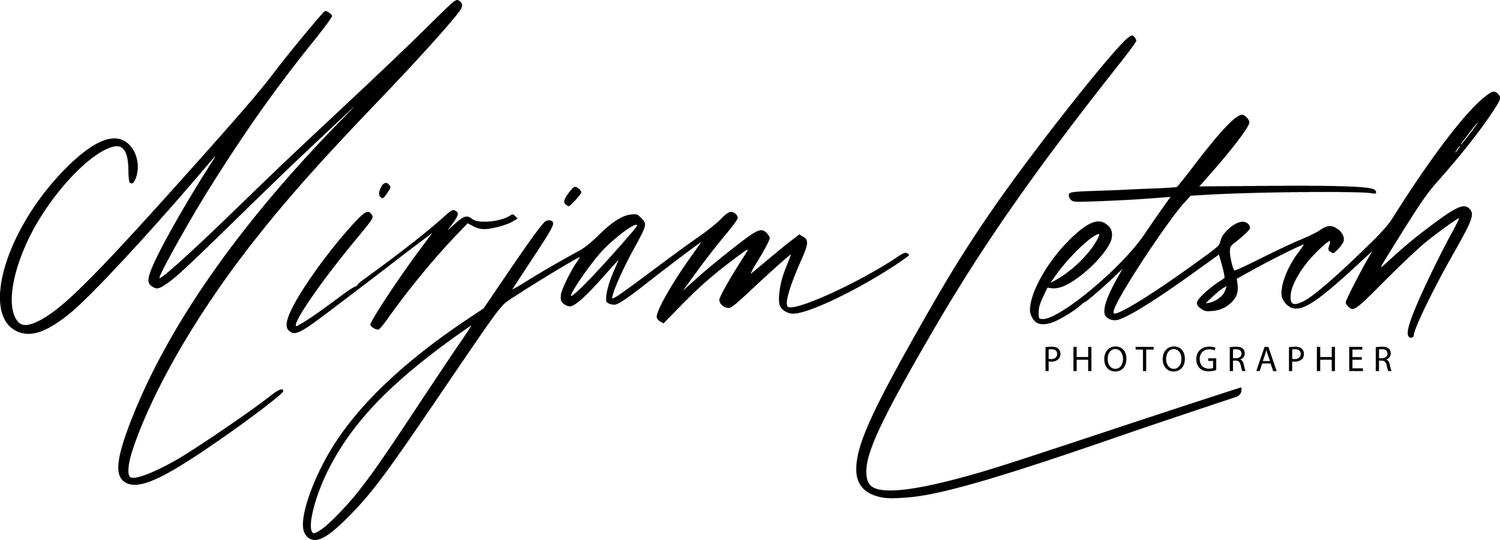



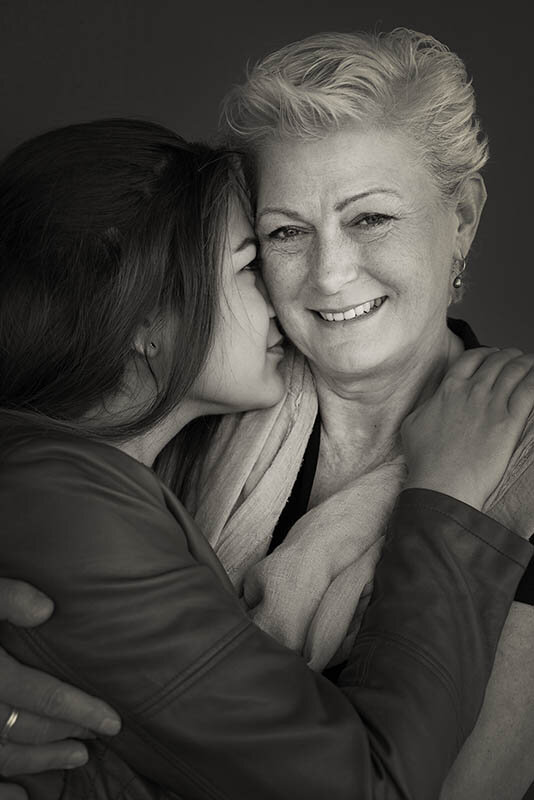


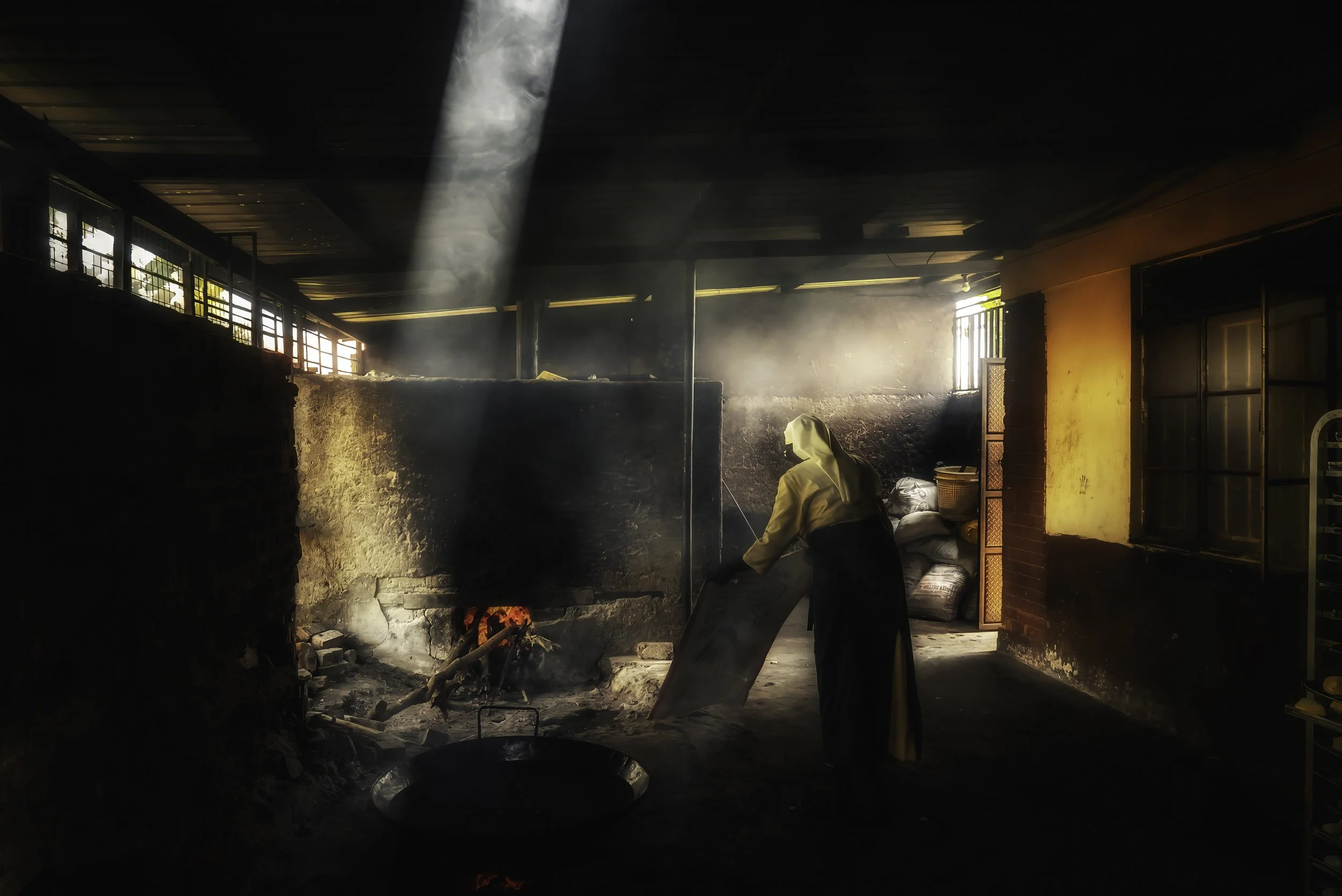

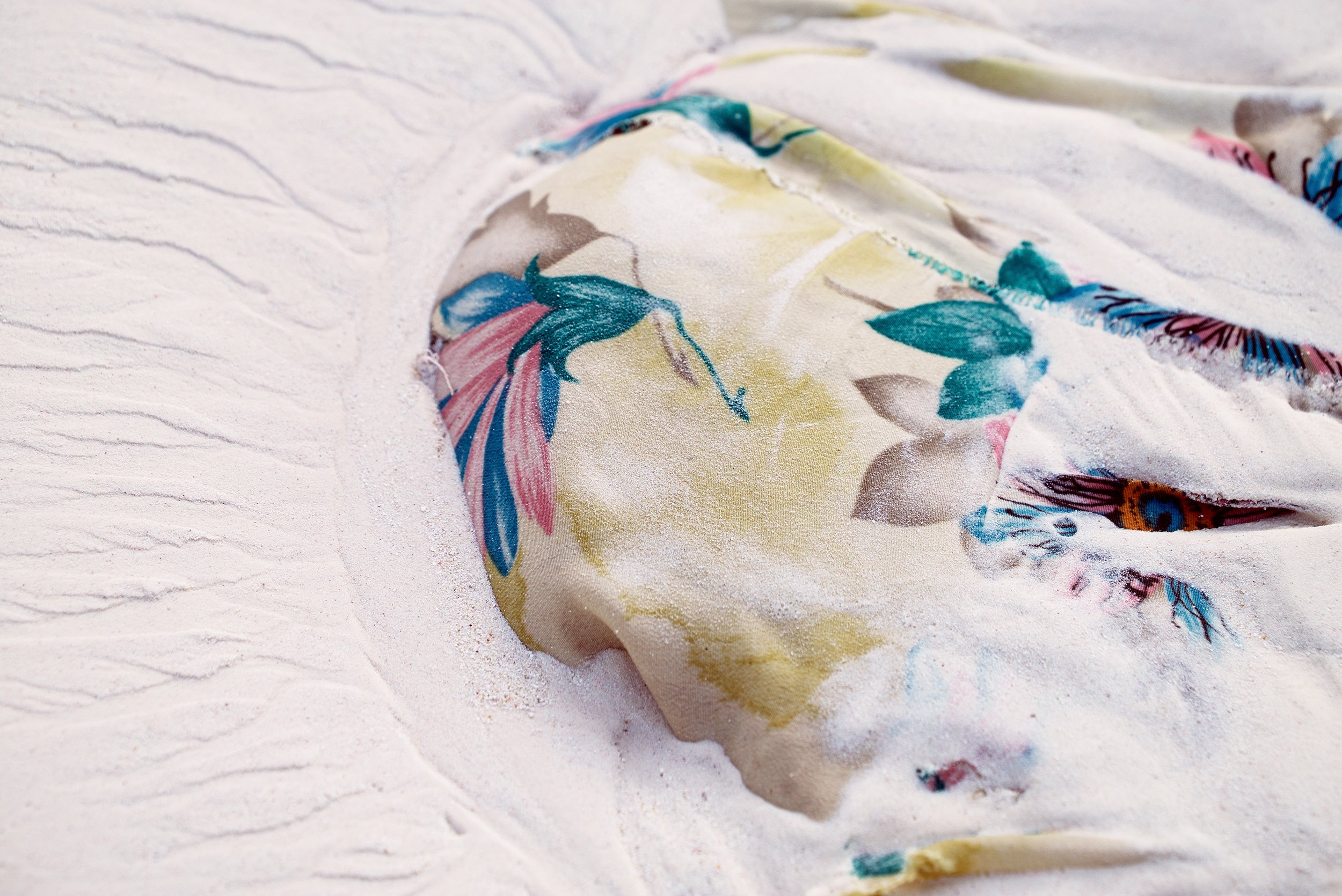
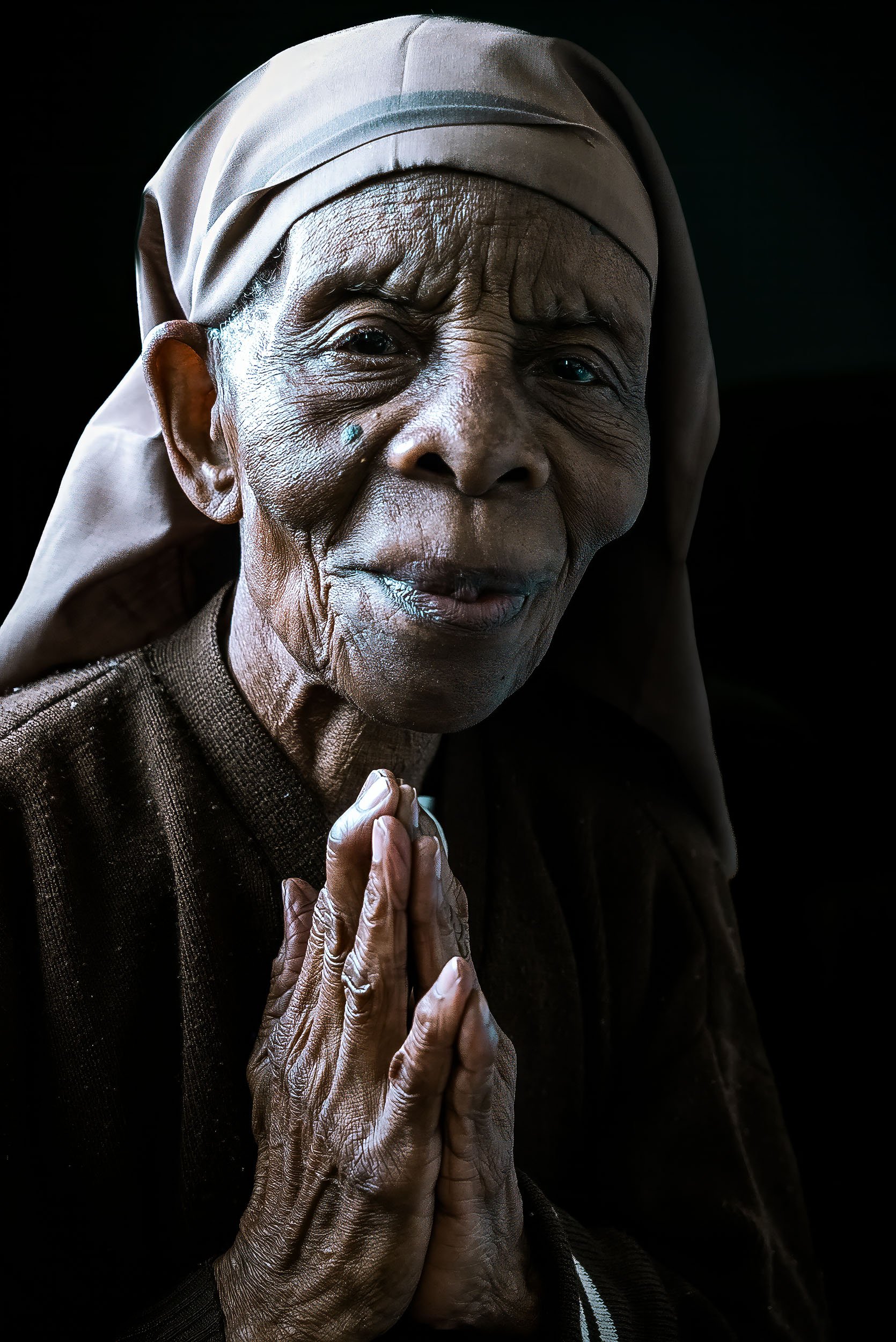

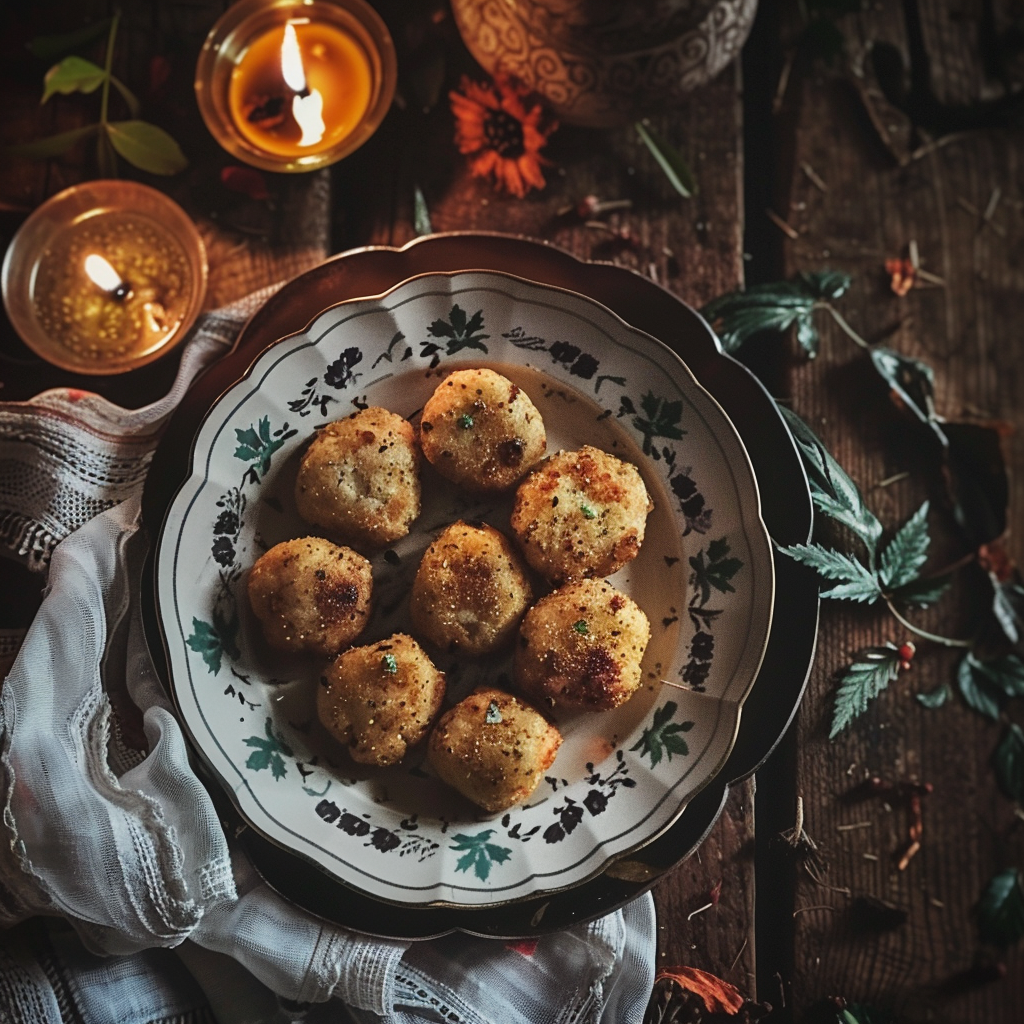

Published in ‘Bourgondische Zaken’ (Dutch), summer 2025